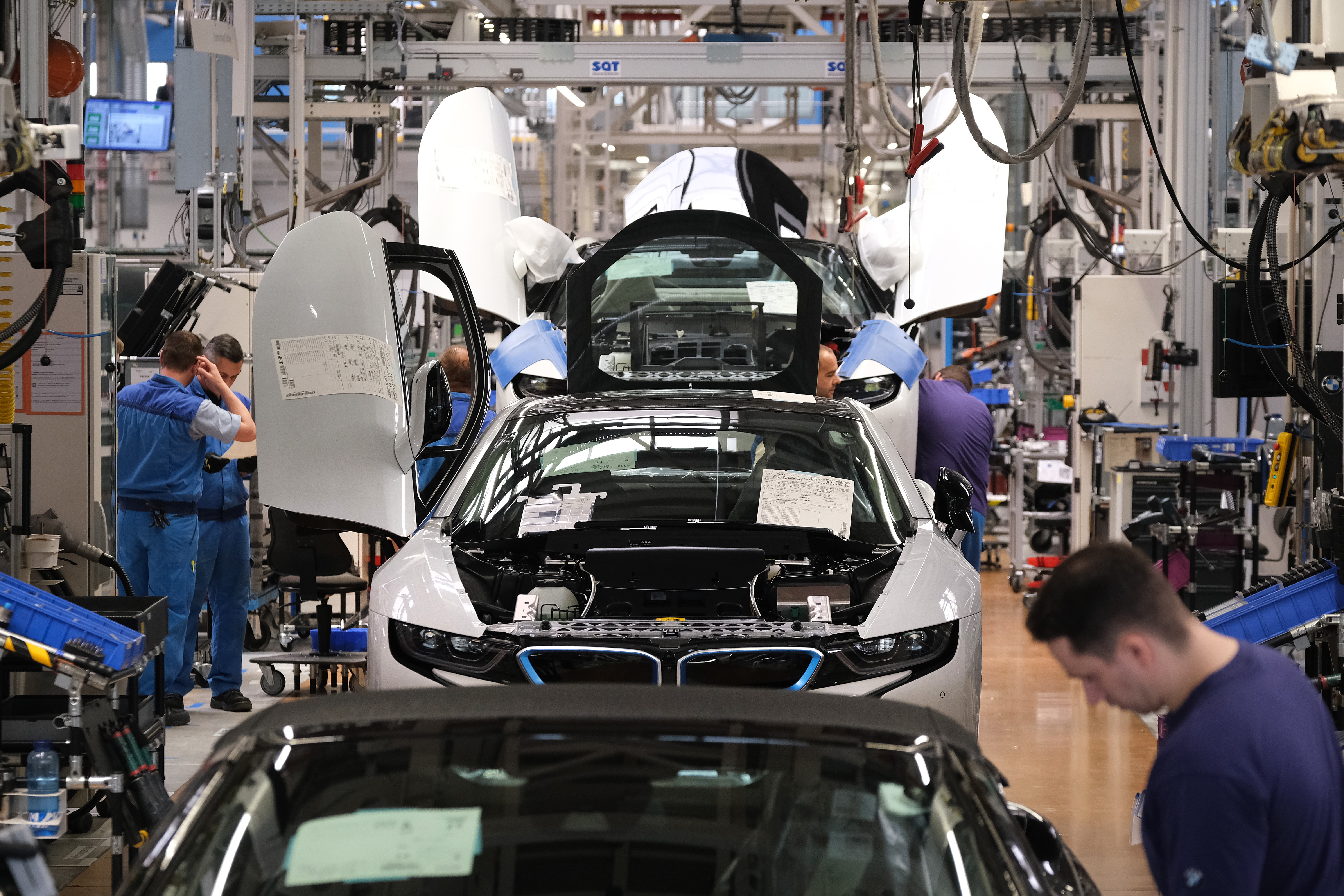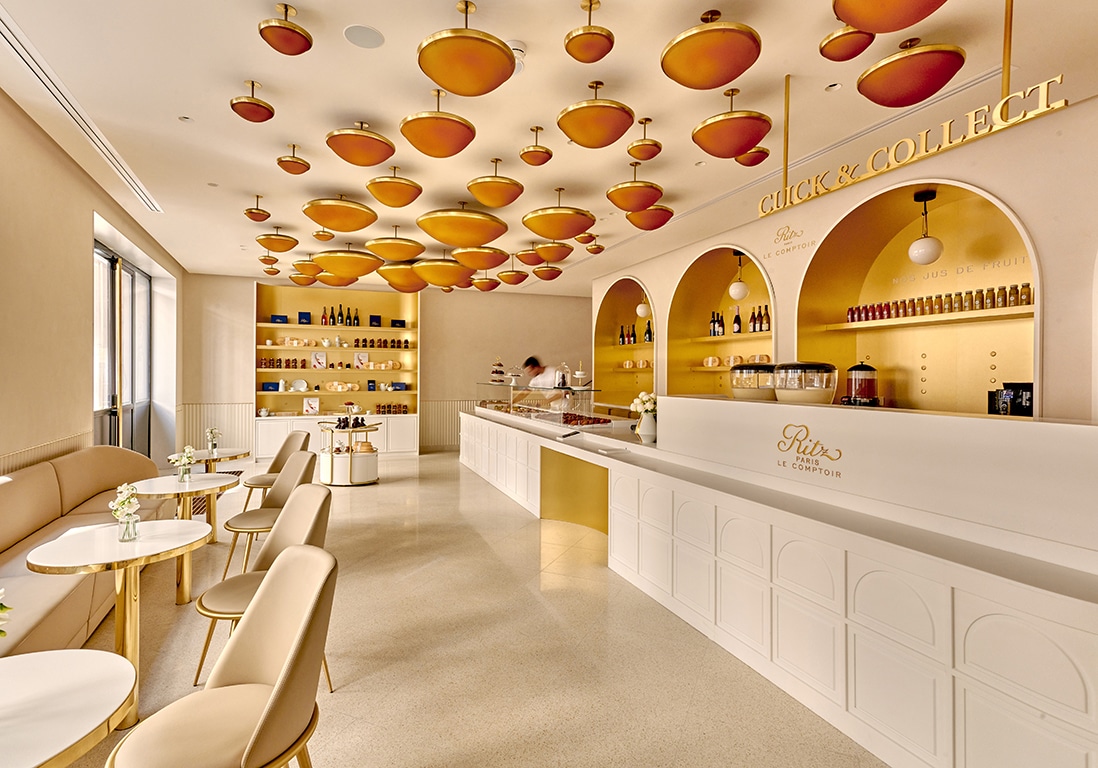German luxury carmaker BMW said on Thursday, June the 3rd that its Chinese factories plan to be carbon neutral by the end of 2021. The company expects its emissions to fall by 80% by 2030.
BMW, for the Chinese market, has its vehicles manufactured in the factories of the company Brilliance China Automotive, which specialises in the manufacture and sale of cars. They are allies of the French car manufacturer Renault. As China is the world’s largest car market, BMW hopes that by 2025 a quarter of its global sales will be electric vehicles, and half by 2030.
The company also said that by 2030, the average emissions of its vehicles would be reduced by more than a third compared to those manufactured in 2019. These targets have been validated by the Science-Based Targets initiative, which aims to get companies to set targets for reducing their polluting emissions.
In addition to carbon emission reduction targets, BMW is making the circular economy their second goal. Their ‘RE:THINK, RE:DUCE, RE:USE, RE:CYCLE‘ approach offers a clear vision of how raw materials will be used for their future cars. By 2025, the German carmaker plans to unveil a “Neue Klasse” model, which will be made from secondary materials such as recycled steel, plastics and aluminium, among others.
“A climate-friendly car is not created by using green energy alone. We have to design our vehicles with sustainability in mind from day one of their development: reducing the amount of materials used in their manufacture and, above all, planning for reuse and recycling from the outset,” said Oliver Zipse, Chairman of the BMW Board of Directors.
Read also > CHINA, 2ND LARGEST PERFUME MARKET IN THE WORLD BY 2030
Featured photo : © GettyImages









